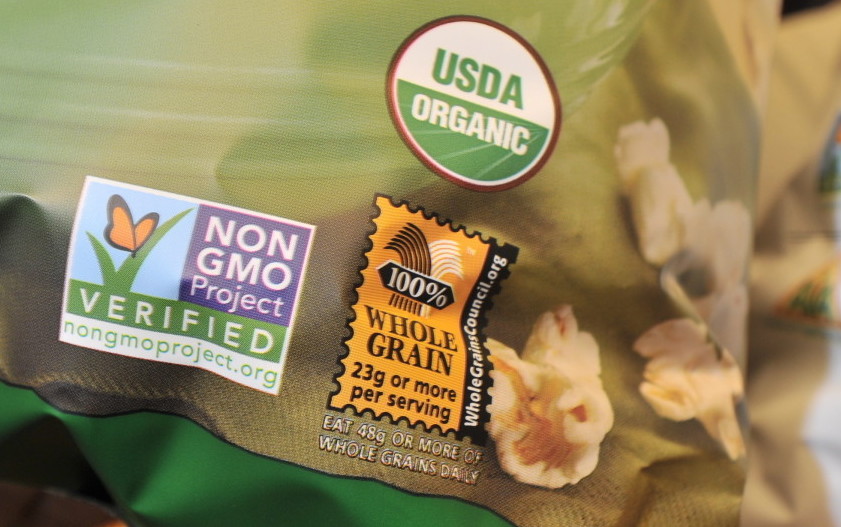The organic food industry has tripled in size in the last decade, to an annual take of $35 billion, and it continues to grow at 15 percent to 20 percent per year.
That makes the organic sector, which conjures images of small, local, responsible farming, an attractive target for the kind of large-scale operations that define other forms of agriculture, and it makes it imperative that the U.S. Department of Agriculture safeguards the integrity of its organic label.
Unfortunately, the USDA is headed in the other direction.
Late last year, the department changed the process for approving the use of nonorganic substances in organic farming. In doing so, the USDA not only weakened the standard for what is considered organic, it also did so without the crucial public comment and hearing period that give farmers and other interested parties a voice in the process.
That sets a poor precedent that opens the way for the wrong kinds of influence on organic certification, and ultimately may harm the legitimacy of the valuable USDA label.
A GIFT TO BIG AGRICULTURE
The rule in question governs which synthetic materials may be used in organic food production. Under the old rule, a particular substance had to be reviewed by the National Organic Standards Board every five years to see if any new hazards had been discovered, or if there were new, organic alternatives available. A two-thirds majority was needed to continue the use of the material.
Now, the exempted synthetic materials are allowed indefinitely, and a special, two-thirds vote is needed to remove them.
The change makes it easier for producers, eager for a piece of the burgeoning organic market, to use the synthetic ingredients and treatments favored by large agribusiness and still receive the USDA organic certification.
That unfairly puts them on par with farmers whose output more closely resembles what consumers have in mind when they purchase a product with the green organic label.
More than that, the ruling rightfully makes farmers wonder how the USDA might next diminish the organic designation, and whether they’ll even have a chance to fight the decision.
People buy organic foods not only because of their health and nutrition advantages, but also because organic farming, when done right, promotes healthy soil, crop diversity, animal welfare and, often, local agriculture.
PUBLIC TRUST AT STAKE
That doesn’t mean that organic products are better in all instances than the products of traditional farming, or that the standards of many traditional farmers aren’t just as high as those of organic farmers.
But it does mean that consumers expect certain standards to be followed if they are going to pay the premium that comes with organic foods. If those standards are diminished, the public eventually will figure it out, and they will no longer pay the premium.
That will leave small organic farms, many of which call Maine home, out of luck, and do harm to a local-food industry that has great potential in our state.
Fifteen groups representing organic food producers, including the Maine Organic Farmers and Gardeners Association, have filed suit against the federal government, seeking to have the ruling overturned.
Their opposition should send a signal to the USDA that standards for organic farming should be strengthened, not slowly dismantled.
Send questions/comments to the editors.



Success. Please wait for the page to reload. If the page does not reload within 5 seconds, please refresh the page.
Enter your email and password to access comments.
Hi, to comment on stories you must . This profile is in addition to your subscription and website login.
Already have a commenting profile? .
Invalid username/password.
Please check your email to confirm and complete your registration.
Only subscribers are eligible to post comments. Please subscribe or login first for digital access. Here’s why.
Use the form below to reset your password. When you've submitted your account email, we will send an email with a reset code.